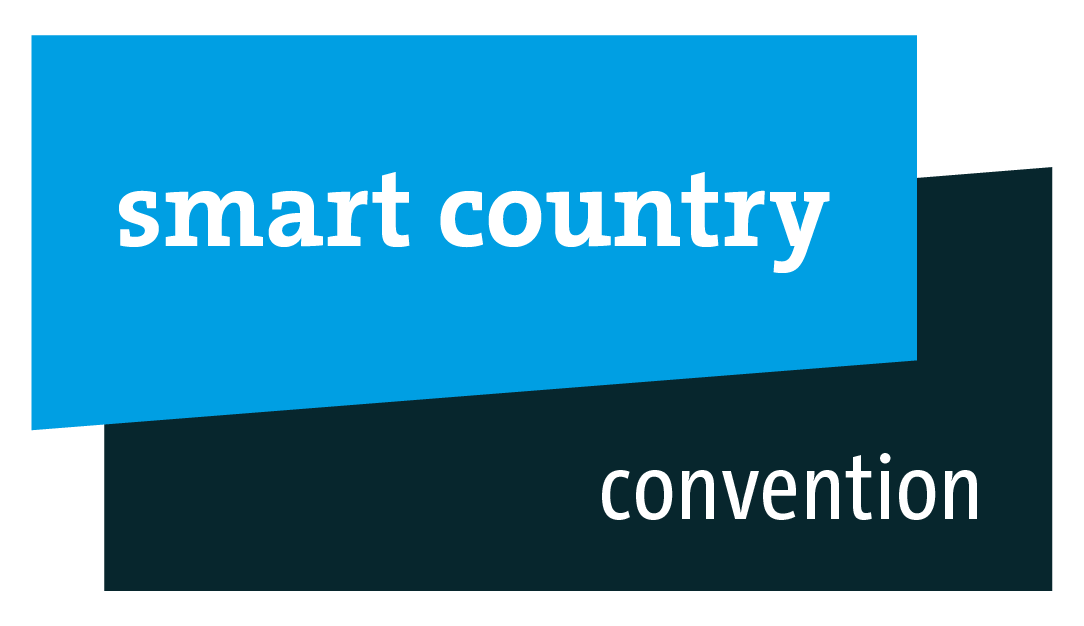
Photo: AdobeStock_249836241_ckphotographyx
How digital administration is working in Germany
19 October 2023
by Marc Danneberg, Head of Public Sector at Bitkom e. V.
Renewing your passport online or registering a company in just a few minutes – so far, this is still a dream of the future. It takes people in Germany an average of 148 minutes to go to the authorities. The population wants to go to the office digitally, but it is often not yet that easy to solve administrative tasks at the click of a mouse or to quickly get an appointment with the responsible authorities. Yet the topic of digitisation has risen steadily on the political priority list in recent years. But measures such as the Online Access Act (OZG), which was supposed to make all administrative services available digitally and take the federal, state and local governments a big step forward in terms of digitisation, have failed to achieve their goal. It will still be a long time before online services are available nationwide.
Thinking about digital administration from the user’s perspective

Success in digitising public administration will be measured by the number of users. The desire to go to the office digitally is there – but if the process is not thought out from the user’s point of view and generates additional work, it is a bad digital process. For example, if an application filled out online still has to be printed out and signed, frustration is inevitable. In addition, knowledge of existing digital administrative services is often lacking and requires research by the individual. Widespread availability will undermine this individual time investment. It is also important to have a uniform service account, an access point that people can use to complete all their administrative tasks online. The federal portal has already been launched and will become this digital access gateway.
The OZG is currently being further developed and as Bitkom we are campaigning for it to become a comprehensive administrative modernisation law. This includes:
- Prioritised administrative services (for example, re-registration or applying for child benefits) should be available nationwide by a deadline.
- Secure and fast data exchange between authorities should be made possible.
- Various identification options should be offered to increase the acceptance and usage figures of digital administrative services.
- Modernising government and administration is too important to cut investments. With the planned cuts in the next federal budget, the federal government is putting the brakes on digitisation.
Smart Country Convention aims to digitise administration
November will be dominated by digitisation in Berlin, as the Smart Country Convention takes place from November 7 to 9. Topics will include the Online Access Act 2.0 and the digitisation of citizen services, justice and education. But also the protection of state infrastructures, cybersecurity and cloud solutions will be in focus. At the congress, the expo and workshops, participants will learn how digitisation can succeed. Tickets are available here.
Brought to you by:



